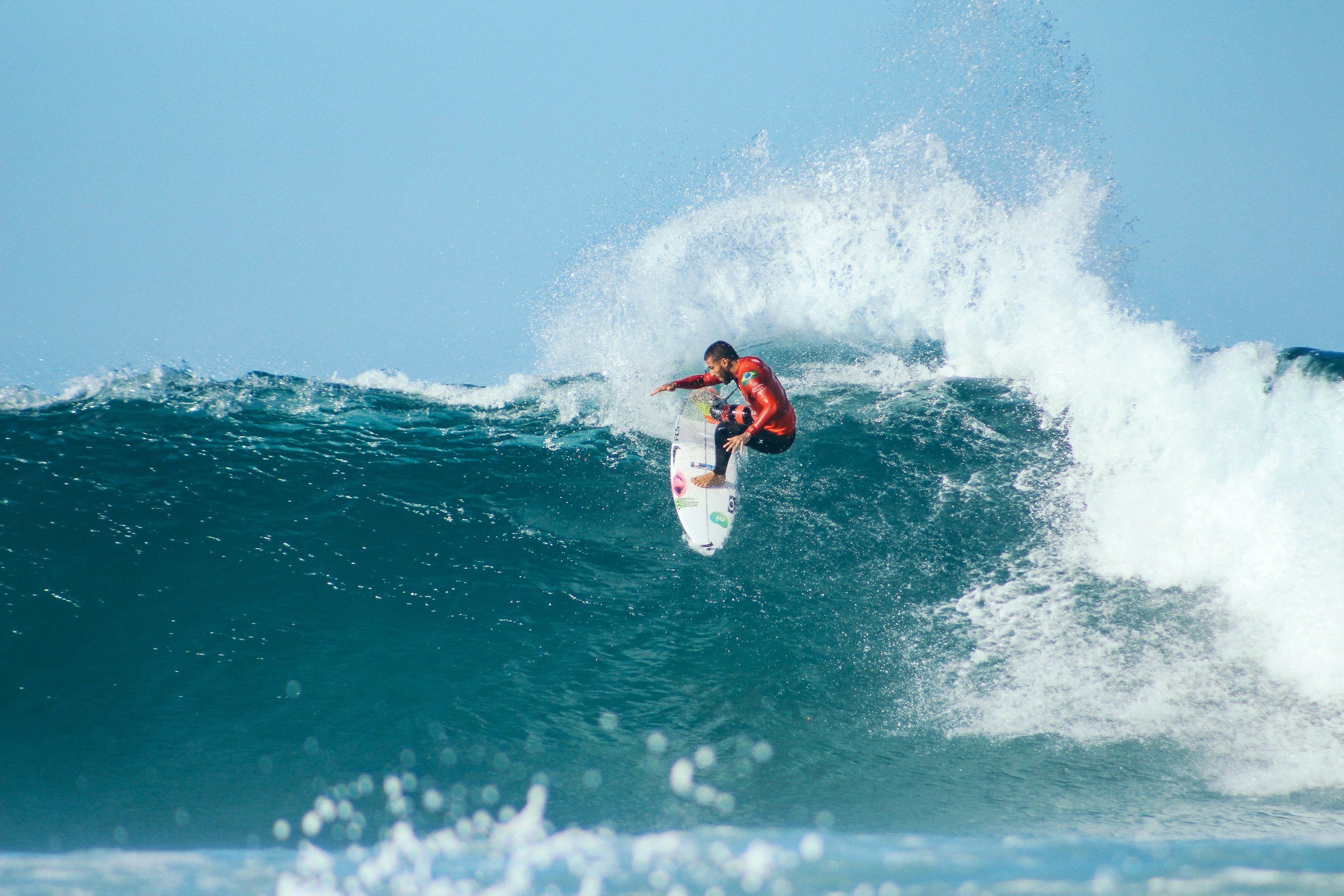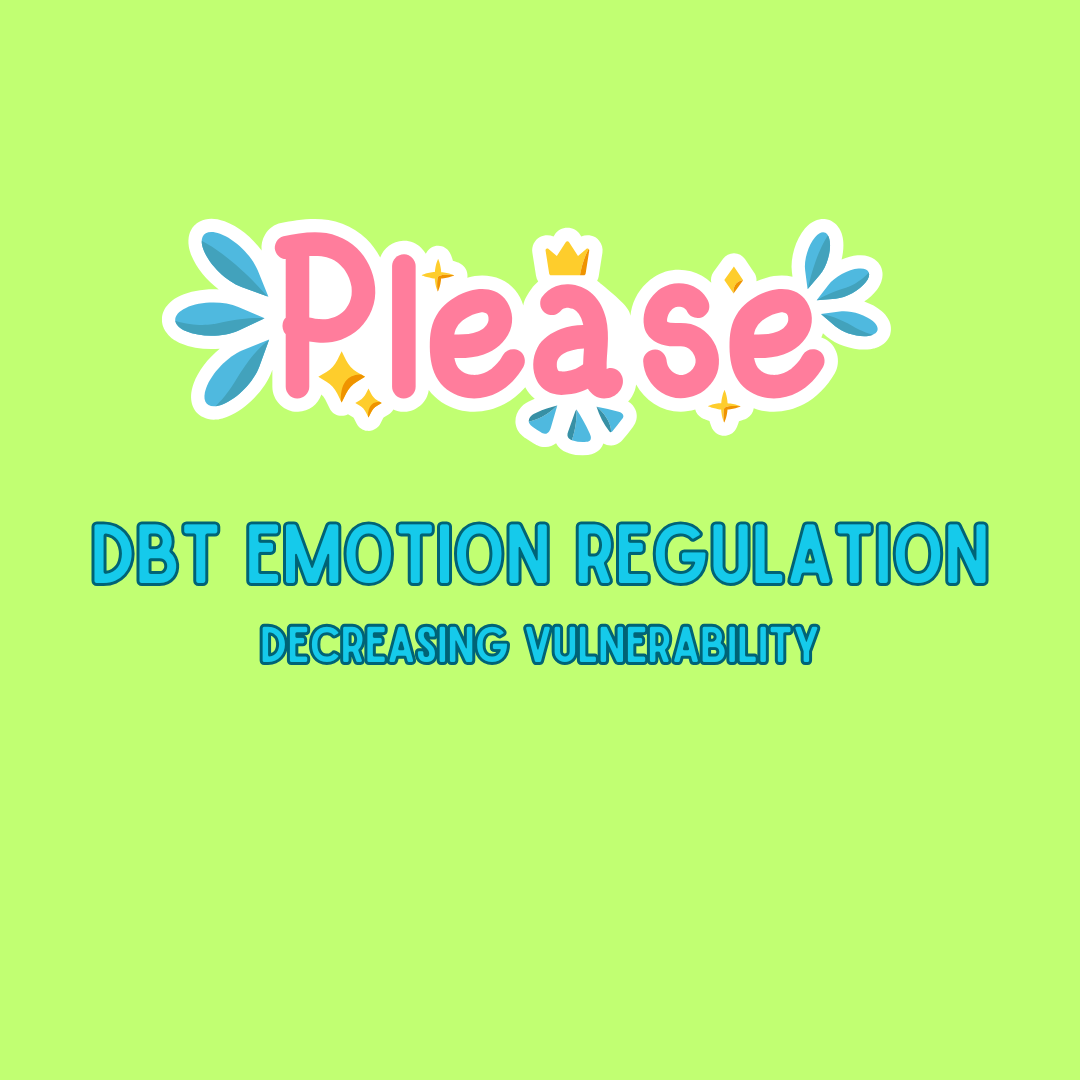
EATING DISORDER RECOVERY
BLOG
FIND WHAT YOU NEED

Understanding Childhood Trauma and Its Connection to Eating Disorders
Childhood trauma often leaves emotional scars that can impact mental health and behaviors well into adulthood. For some, this pain manifests in disordered eating habits. Healing is possible, and it begins with understanding the connection between your past experiences and present struggles. Therapy can provide the tools to process trauma and build healthier coping mechanisms. If you're ready to take the first step toward healing, you don’t have to do it alone.

An Integrated Approach for “Hard to Treat” Adolescent Eating Disorder Patients
By merging FBT and DBT, providers can take an integrated approach for “hard to treat” adolescent eating disorders.

DBT Skill for Emotion Regulation: Mastering the “Please” Skill
The blog discusses the PLEASE skill from Dialectical Behavior Therapy (DBT), highlighting its role in emotional regulation by addressing essential areas of self-care: physical health, loneliness, nutrition, avoidance, substance use, and exercise. By attending to these components, individuals can enhance their emotional well-being and reduce impulsive behaviors.

Best Practices for Evidence-Based Eating Disorder Treatments in 2022
Evidence-based eating disorder treatment refers to interventions or therapies that are supported by published research and demonstrate effectiveness or evidence of success. Let’s take a look at evidence-based eating disorder treatment for the most common eating disorders, including anorexia nervosa (AN), bulimia nervosa (BN), binge eating disorder (BED), other specified feeding and eating disorder (OSFED) and avoidant/restrictive food intake disorder (ARFID).

How to Use TIP Skills as a Coping Mechanism During Crisis
During moments of intense emotion, it’s imperative to have easily accessible and effective coping mechanisms. Let's discuss TIP skills.

What You Need to Know About Urge Surfing
Urge surfing is a mindfulness technique used to get through an urge without engaging in destructive behavior. Learn how to "ride the wave."

Using DBT to Combat SELF Harm and Suicidal thoughts in eating disorder Treatment
DBT-ED is a powerful method for addressing self harm and suicidal thoughts in eating disorder treatment.
Eating Disorders, Suicidal Thoughts, and Self-Harm
With International Survivors of Suicide Loss Day on the horizon, it’s important to recognize that suicide attempts, suicidal thoughts, and self-harm can be significant challenges for people dealing with eating disorders.

DBT 101: PLEASE MASTER
Learn a powerful skill to help you manage big emotions. We have a formula to make it easier. PLEASE.

Here’s a tip: DBT Distress Tolerance Skill
In moments of emotional crisis, finding effective coping strategies is essential. Dialectical Behavior Therapy (DBT) offers valuable tools through its Distress Tolerance module, particularly the TIP skills: Temperature, Intense Exercise, Paced Breathing, and Progressive Relaxation. These techniques empower you to manage overwhelming emotions by shifting your physiological state, allowing you to regain control and avoid unhealthy coping mechanisms. By integrating these skills into your daily life, you can cultivate resilience and navigate challenges with greater confidence and clarity.
